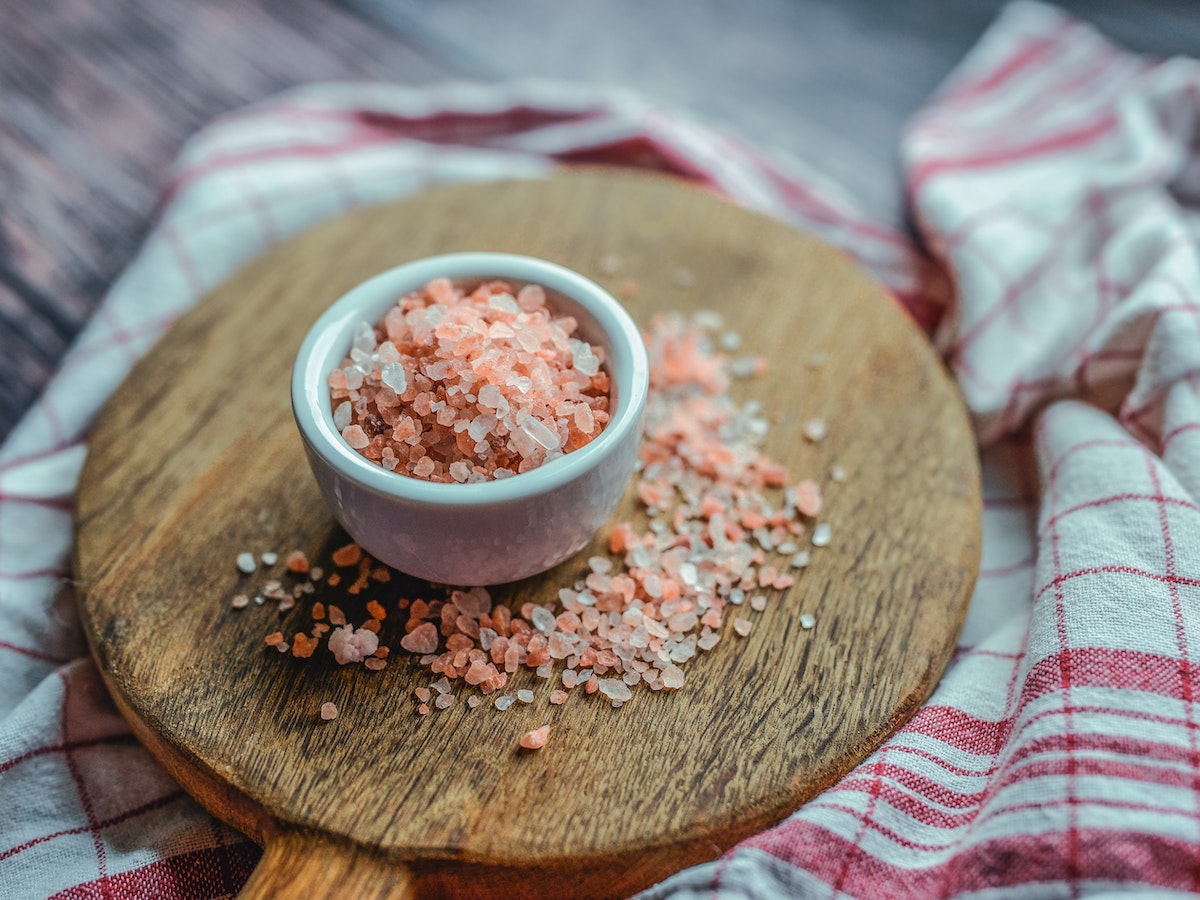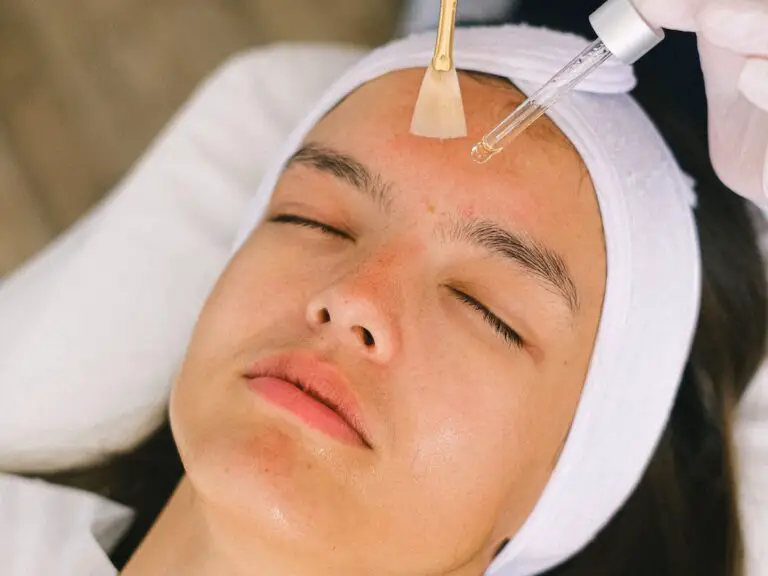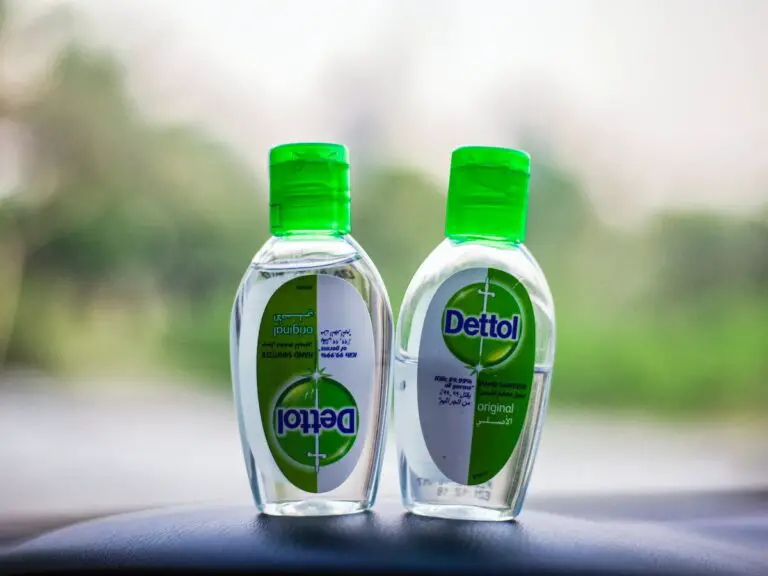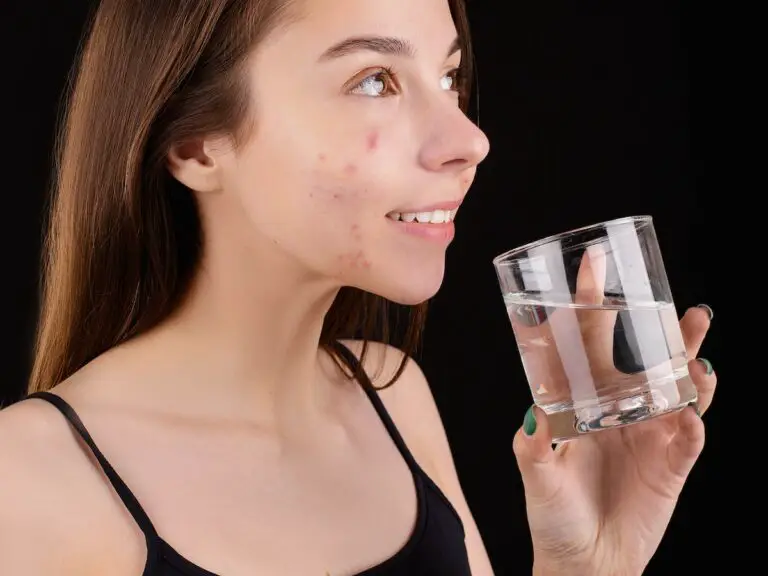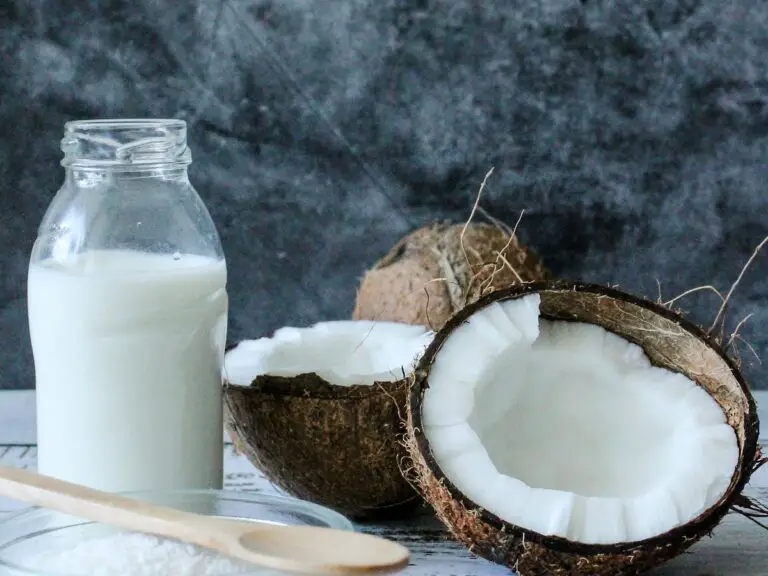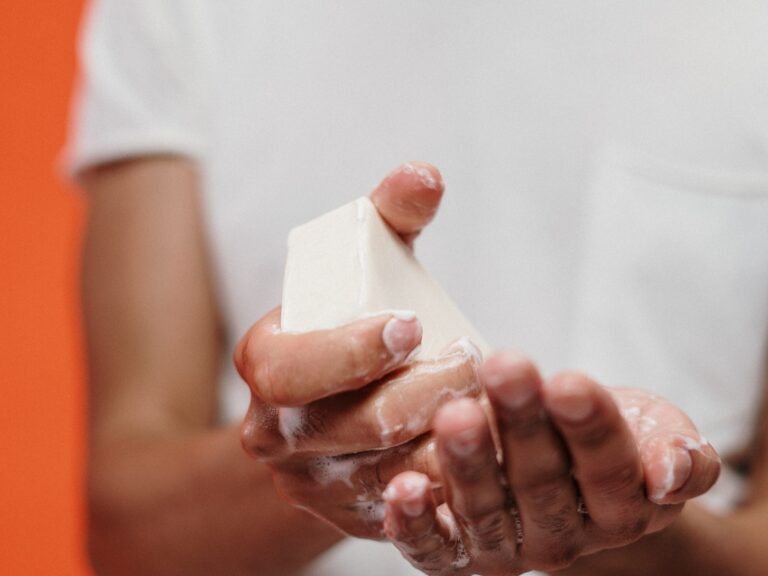Does Salt Cause Acne Breakouts?
Acne has been a mystery for a long time, and many people have tried to figure it out. People are always looking for ways to get rid of blemishes for good, from skincare items to lifestyle changes. People often wonder if salt causes acne or makes it worse. After all, salt is an important part of our diets and is in many of the things we eat daily.
So, does salt cause acne?
Let’s learn more about this topic and figure out once and for all what’s true and what’s not.
Table of Contents
Understanding Acne
Acne is a word that can make many people feel frustrated, embarrassed, or even anxious. But what is acne? To put it simply, acne is a common skin problem that happens when oil and dead skin cells get stuck in hair follicles. This causes pimples, blackheads, whiteheads, and sometimes lumps to form.
Acne is often linked to puberty and hormone changes during youth, but it can happen to people of any age. Despite what most people think, acne is not caused only by bad cleanliness or eating greasy foods. Its growth is affected by several things, including genes, hormones, bacteria on the skin (specifically Propionibacterium acnes), and inflammation.
When it comes to knowing what causes and triggers acne, the idea that salt intake causes breakouts seems plausible, but there is no scientific evidence to back this up. There are, however, some foods that have been linked to making acne worse in some people. These include foods with a high glycemic index (refined carbohydrates) and dairy products, which contain chemicals that can make acne worse in some people.
It’s important to remember that some people’s acne can be helped by what they eat, but it’s also important to take care of your skin. Dermatologists recommend gentle cleansing with non-comedogenic products made for your skin type, as well as topical treatments with benzoyl peroxide or salicylic acid, which help cut down on oil production, unclog pores, and stop bacterial growth, leading to clearer skin.
The Role of Diet in Acne
Several things can cause acne, and diet is one of them that has been the subject of much discussion. Even though there isn’t any solid proof that certain foods directly cause acne, research shows that certain food choices may worsen or cause new breakouts.
High-glycemic index foods are often mentioned as a possible cause. Examples are sugary snacks, white bread, and processed carbs. When you eat these things, your blood sugar level can rise quickly, which makes your body make more insulin. This sudden rise in insulin may cause the face to make more oil and become inflamed, both linked to acne.
A second area of interest is how much cheese people eat. Some studies have found that teens and young people who eat a lot of dairy are more likely to have acne. We don’t fully understand how this link works, but it could have something to do with hormones in milk or other things that affect sebum production. Also, more study needs to be done on this subject. Still, some experts think eating too much omega-6 fatty acids found in vegetable oils might cause inflammation in the body and make acne worse.
Everyone’s body responds differently to different food choices, so what works for one person might not work for another. If you think that high-glycemic index foods or cheese might be causing your breakouts, you might want to try changing your diet by eating less. But always talk to a healthcare professional before making big changes because they can give you help tailored to your needs.
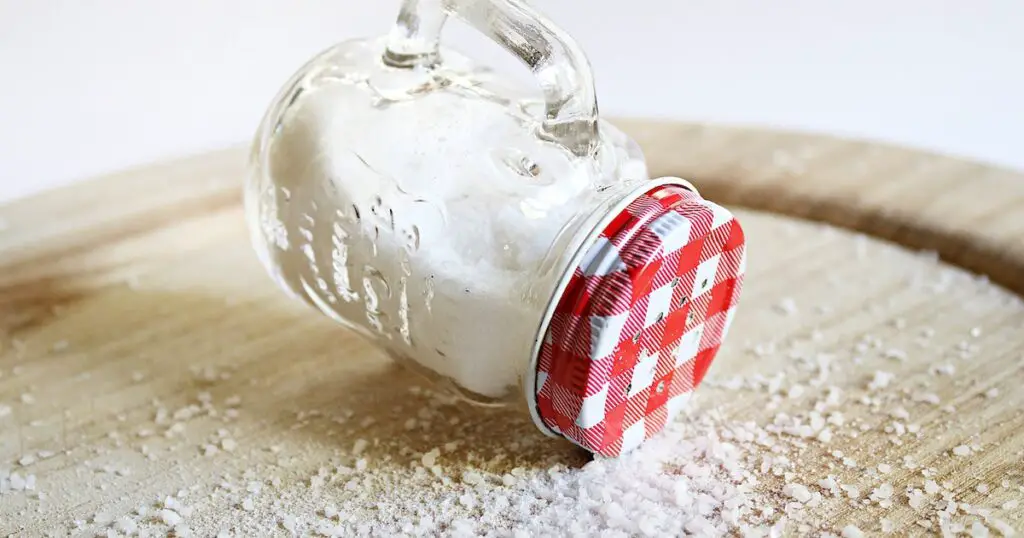
Salt and Acne: Separating Fact from Fiction
When it comes to acne, people are always trying to figure out what causes and worsens it. People often think that eating too much salt can cause acne. What does science say about this, though? Let’s get to the bottom of what salt has to do with acne. It’s important to know that hormones, genes, and too much oil production are the main things that cause acne. Even though diet affects the health of your face as a whole, it is still unclear how it affects acne directly.
Some studies show that foods with a high glycemic index or dairy products may make acne worse for some people. But there is still not a lot of study that directly links salt to acne. It’s important to remember that too much salt can throw off your body’s water balance. If you eat too much salty food, your body might hold on to water, making your skin look briefly bloated or puffy. But this doesn’t always mean that it will lead to real breakouts.
When dealing with acne-prone skin, focusing on other lifestyle factors like a good skincare routine, how you handle stress, and how often you work out tends to have more visible effects than just focusing on salt intake. Consider using practical tips like drinking a lot of water throughout the day to stay hydrated and choosing natural ways to add flavor to your food instead of heavily relying on processed foods high in sodium to manage your skin problems while still enjoying tasty meals.
Remember that everyone’s body reacts differently, so what works for one person might not work for another when meeting their unique beauty needs. It’s always a good idea to talk to a dermatologist or other health professional who can give you specific advice based on your case.
Sodium Intake and Water Balance
Our general health, including the condition of our skin, is affected by how much sodium we eat and how much water we drink. Even though too much sodium can cause health problems like high blood pressure and water buildup, the exact link between sodium and acne is still unclear.
When we eat too much sodium, our bodies may hold on to extra water to keep the right mix of fluids. This water absorption can cause different body parts, including the face, to swell or get puffy. Some people might wrongly think that this short-term swelling is caused by acne. But it’s important to remember that most acne is caused by hormonal changes, genetics, inflammation, and clogged pores. These root problems are not directly caused by the amount of sodium you eat.
Still, general health needs to eat a balanced diet with moderate sodium. When you drink enough water, it helps your body flush out toxins and keeps your skin moist. Eating foods high in antioxidants and proteins can also help your skin work well.
Lifestyle Factors and Acne Management
Taking care of our health is more than what we eat and use. How we live can also greatly affect how we deal with acne. Here are some important things to think about:
- Stress: High amounts of stress can throw off your hormones, which can cause your skin to make more oil and get clogged pores. Acne can be lessened by finding good ways to deal with stress, like exercise, meditation, or hobbies.
- Sleep: When we don’t get enough sleep, our whole health, including our skin, suffers. When we don’t get enough sleep, it can mess up how our hormones work and make our bodies more inflamed, making acne worse.
- Good hygiene: To eliminate acne, keep your face clean. But washing too much or scrubbing too hard can hurt the skin and worsen the problem. Choose gentle cleaners and try not to touch your face as much as possible.
- Your choice of makeup: Some makeup products have chemicals that can clog pores and cause acne. Look for acne-prone skin products that don’t clog pores or have oil in them.
- Diet: Acne may not be directly caused by a person’s diet, but some foods, like dairy products and high-glycemic foods, have been linked to increased sebum production, which could lead to breakouts. Through a process of elimination, you should try to find out if a certain food makes your symptoms worse.
By thinking about these lifestyle factors and other parts of your skincare routine, like washing your face properly and using non-comedogenic moisturizers, you’ll be better able to control your acne without limiting salt.
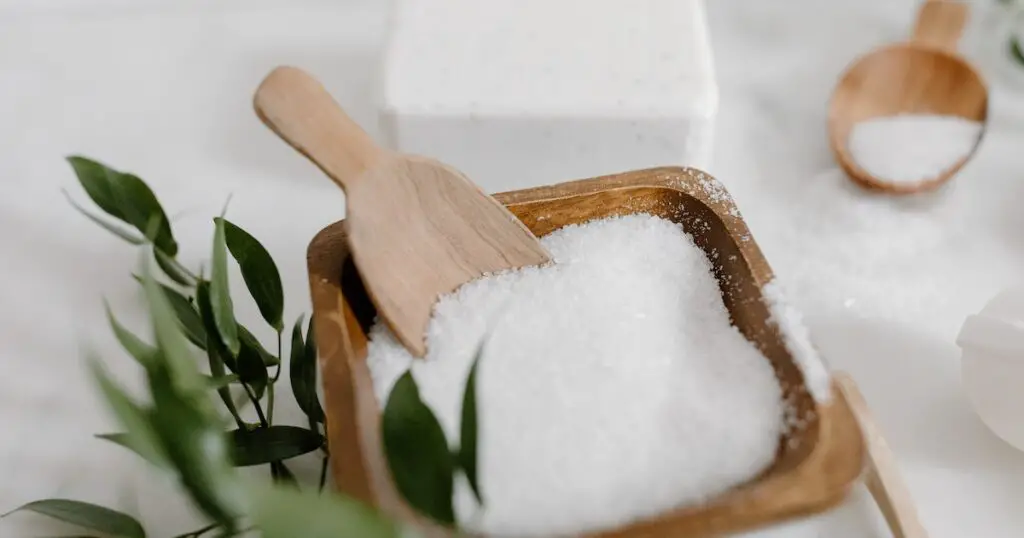
Practical Tips for Managing Acne and Sodium Intake
1. Watch how much sodium you eat: Salt may not directly cause acne, but too much can cause your body to hold onto water and inflame. Limiting the amount of salt you eat by not eating processed foods and fresh, whole foods can help treat acne.
2. Stay hydrated: For good skin, it’s important to drink a lot of water. When you drink enough water, toxins are flushed out of your body. This keeps your face clear and stops breakouts.
3. Choose alternatives with less sodium: Instead of salt, use herbs, spices, or vinegar to add taste to food without adding too much sodium. Try out different flavors to find the ones that you like.
4. Read food labels: Soups, sauces, condiments, and snacks like chips and crackers can have secret sources of sodium that you might not know about. Carefully read food labels and choose low-sodium options whenever you can.
5. Eat a well-balanced diet: A diet of fruits, veggies, lean proteins, and whole grains can help your skin stay healthy and make acne less likely to return.
6. Get into good skincare habits: Having a regular skincare routine that works for your skin type can help you control the amount of oil your skin makes and keep your pores from getting clogged, which can lead to acne.
Remember that there are more ways to treat acne than just cutting down on salt. It’s always best to talk to a dermatologist who can give you information tailored to your needs.
Conclusion
Salt and acne have been debated. High sodium intake may worsen acne, although further research is needed to confirm this. Salt affects people differently, and what causes acne in one person may not be in another. Acne management also involves genetics, hormone imbalances, stress, and skincare routines. A balanced diet with moderate sodium, fruits, vegetables, whole grains, lean meats, and water can improve skin health. Stress management and healthy skincare routines also help prevent breakouts.
Remember that everyone’s journey towards clear skin is unique. By staying informed about the latest research findings and adopting healthy lifestyle choices tailored to your individual needs, you can take proactive steps towards achieving healthier skin from within.
So while salt alone may not be solely responsible for causing acne outbreaks, incorporating moderation into your dietary choices and proper skin care practices will undoubtedly promote clearer skin.
FAQs
When you eat too much salt, you can become dehydrated and hold on to water, which can indirectly cause skin problems like acne. But acne isn’t usually caused by eating a healthy amount of salt as part of a balanced diet. For good skin, it’s important to live a healthy life, which includes eating a well-balanced diet and drinking enough water.
Salt doesn’t block pores by itself. But putting too much salt on the skin or in skin care products can upset the skin’s natural moisture balance and cause dryness or irritation, which in some people can lead to plugged pores and acne. For healthy skin, keeping a balanced skin care practice and avoiding too much salt is important.
People with high blood pressure, kidney disease, or heart disease may be told to reduce their salt intake. Also, people who are sensitive to sodium or have had acne breakouts when they ate too much salt may choose to cut back on salt to help control their skin condition. It’s important to talk to a doctor or nurse for personalized help on dietary changes or restrictions.
There isn’t a lot of scientific proof that sea salt causes acne on its own. But if you eat too much salt, no matter where it comes from, it could cause acne in people sensitive to salt or with certain underlying conditions. To keep your skin healthy, you should eat well and take care of your skin.
If you have acne on your face, it’s best to use non-iodized salts, like Himalayan pink salt or Dead Sea salt, because they have good minerals and may be less likely to hurt the skin than iodized table salt. But it’s important to remember that salt on the skin should be done carefully and in balance since everyone’s skin is different. Too much salt can dry out or irritate the skin. For specific advice, it’s best to talk to a dermatologist.
Disclaimer: This article is for educational purposes only, and does not substitute any medical advice. Always consult a qualified healthcare professional for personalized advice before trying new treatments or medications.

General Physician
Senior Medical Writer
